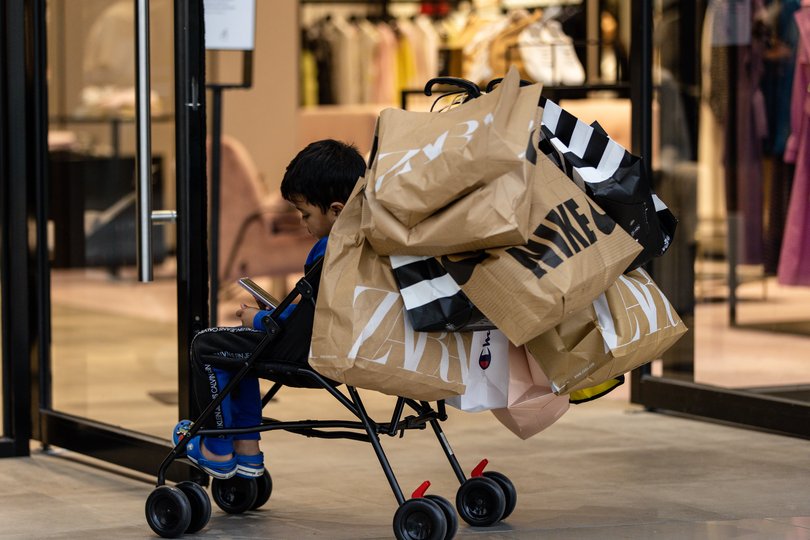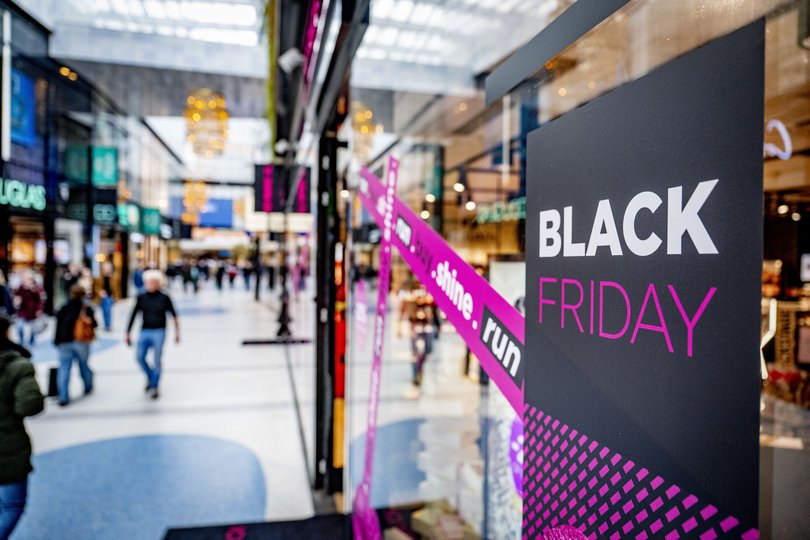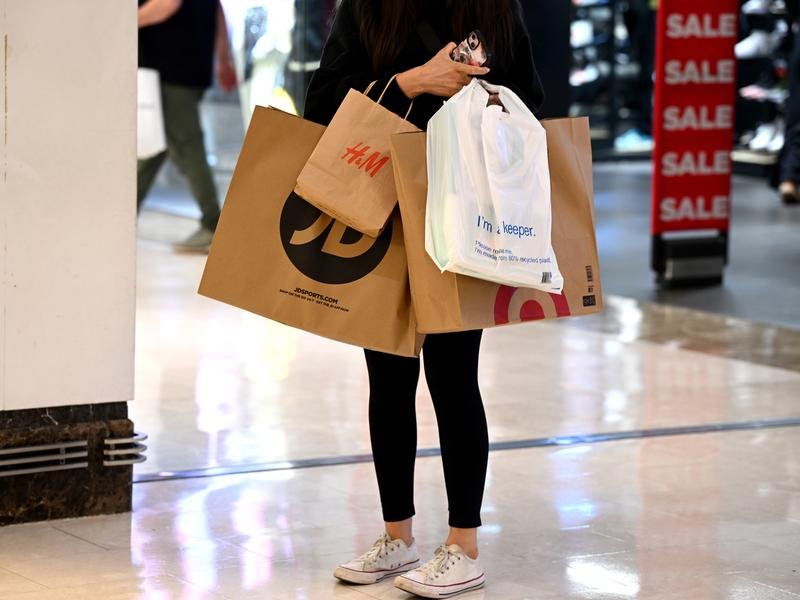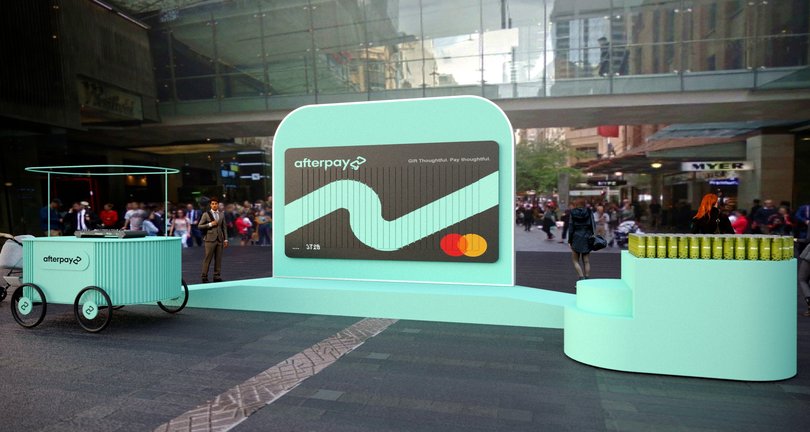Black Friday 2025: How Australians are shopping smarter this festive season
How Australians can make the most of Black Friday without getting caught in overcrowded stores, misleading offers or online scams.
Black Friday remains one of the biggest shopping events of the year, but Australians are treating it with far more caution than enthusiasm.
In a cost-of-living crunch, shoppers have become strategic rather than swept up in the hype — weighing up whether the savings are real, whether the effort is worth it, and whether convenience now outranks the discount itself.
New consumer research shows the shift clearly. While shoppers still want deals, the tolerance for everything around the experience, including traffic, crowds, long queues and parking purgatory, has collapsed.
Sign up to The Nightly's newsletters.
Get the first look at the digital newspaper, curated daily stories and breaking headlines delivered to your inbox.
By continuing you agree to our Terms and Privacy Policy.Afterpay’s latest survey found nearly half the country would prefer a guaranteed car park over any discount. It’s a striking marker of where shoppers’ stress thresholds sit heading into the festive season. Parking now ranks higher than extended trading hours and even discounts itself.
Australians aren’t rejecting Black Friday, they’re rejecting the parts of it that feel chaotic, inconvenient or low-value. In other words, the sale isn’t the problem. The environment around it is.

With budgets stretched and discretionary spending tightening, shoppers are doing the maths before they swipe their card. The impulse-buy era has softened; in its place is the deliberate shopper, one who cross-checks prices, tracks value and is perfectly willing to walk away if the discount feels modest or recycled from earlier in the year.
Black Friday has also stretched far beyond a single day. What used to be a 24-hour event has morphed into weeks of rolling promotions, making it harder to tell what’s genuinely limited-time and what’s simply another November discount.
Many of the headline deals are predictable repeats, the same smart speakers, headphones and tech bundles that drop to the same price every November. When shoppers see identical discounts year after year, the urgency fades, Wired noted.
It’s why price research has become a non-negotiable part of Black Friday shopping. Australians are now checking price histories, comparing across retailers and planning purchases in advance rather than jumping at the first red sticker they see.
How to spot a bad Black Friday deal
The ACCC has put retailers on notice, warning it is on high alert for misleading or deceptive Black Friday advertising.
That includes “up to X per cent off” campaigns where only a handful of products are discounted, inflated pre-sale prices, countdown timers that don’t reflect the real sale window, and storewide claims that quietly exclude half the catalogue.
Several major retailers, including Michael Hill and My House, have already paid penalties this year for allegedly making false or misleading statements about their Black Friday promotions.

Online, the watchdog is also urging shoppers to beware of scams, which have already cost Australians more than $120 million this year. One rising tactic is the “ghost store”, fake clearance sites that appear to be shutting down, but vanish entirely once payment is made.
If a deal looks unusually cheap, relies on pressure tactics, or doesn’t match price history, experts say that’s the first sign to slow down — not speed up.
How to get the most out of Black Friday this year
For retailers, this new consumer mindset creates a different kind of challenge. Blanket discounts and red-sticker theatrics no longer guarantee a surge in foot traffic. Shoppers want transparency, value and ease, not noise.
That’s why brands are increasingly investing in convenience-driven experiences, from loyalty perks to activations designed to remove friction rather than add to it.
And with nearly every deal now available online, shoppers know they don’t have to battle crowds or hunt for a parking space to participate. In-store deals now have to work harder, offering real value or genuine convenience, to justify the effort.

Afterpay’s upcoming Pitt Street Mall “Holiday Billboard” event reflects that pivot.
Instead of simply piling on more markdowns, the activation offers instant vouchers and, for a lucky few, free VIP valet parking at Westfield Bondi for the entire Black Friday weekend.

The message is clear: the fastest way to a shopper’s heart this season is through their time, not just their wallet.
Australians still want a bargain, just not at any cost, and certainly not at the cost of circling a car park for half an hour. Black Friday will continue to dominate the retail calendar, but the way we engage with it is changing. The hype alone is no longer enough.
Shoppers want value they can trust, an experience that feels manageable, and discounts that justify the effort. In 2025, that’s the real Black Friday deal.
